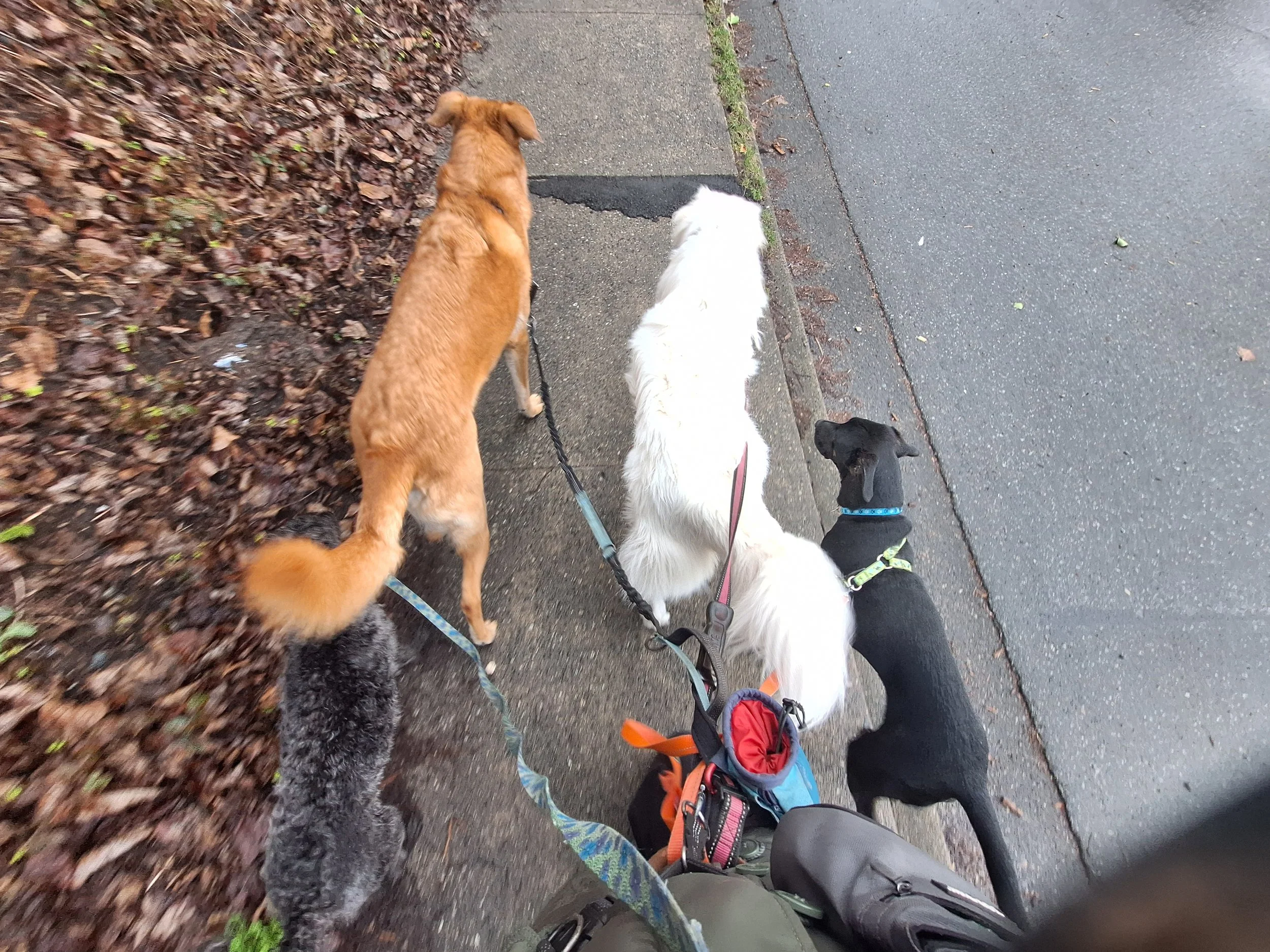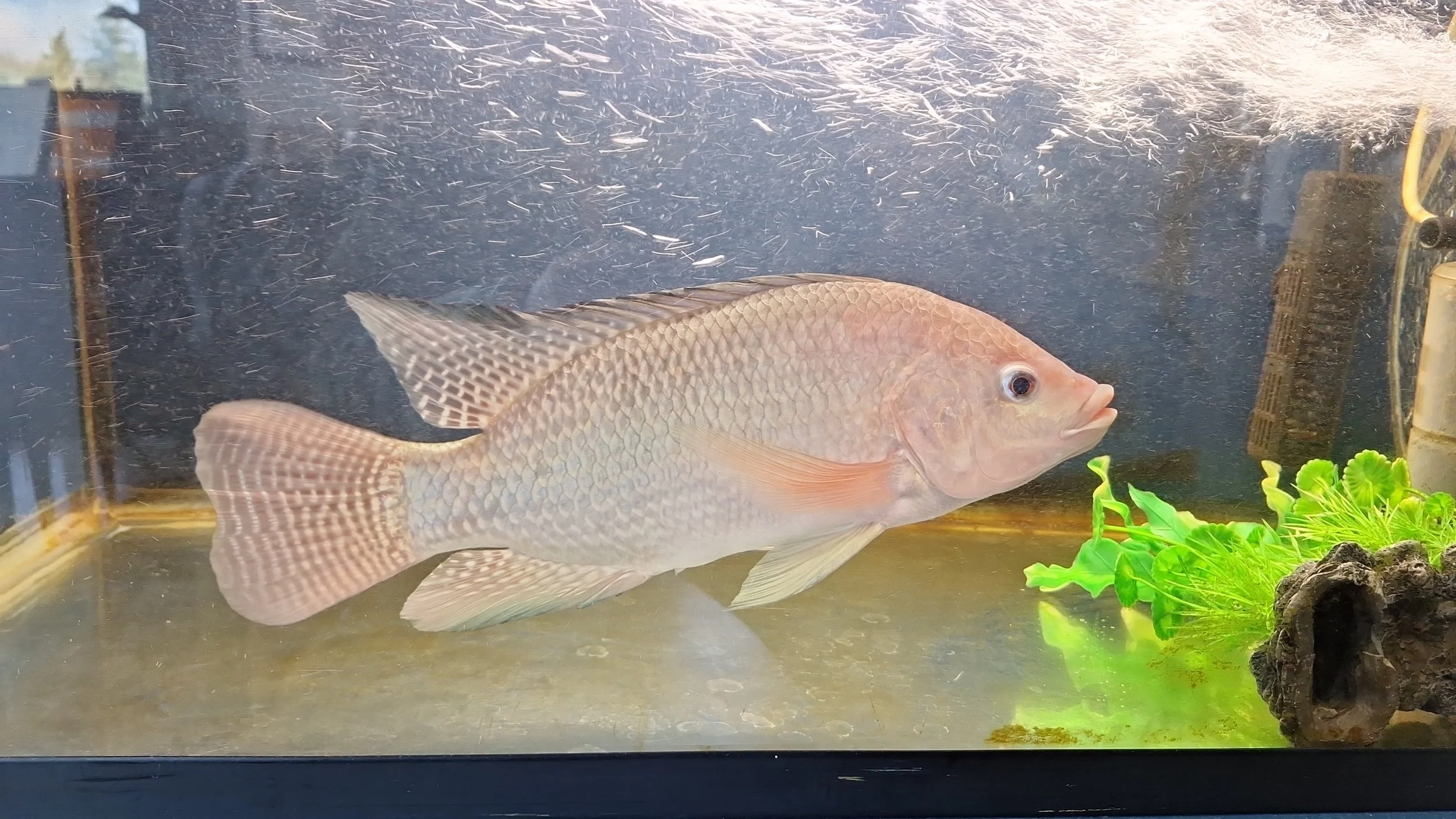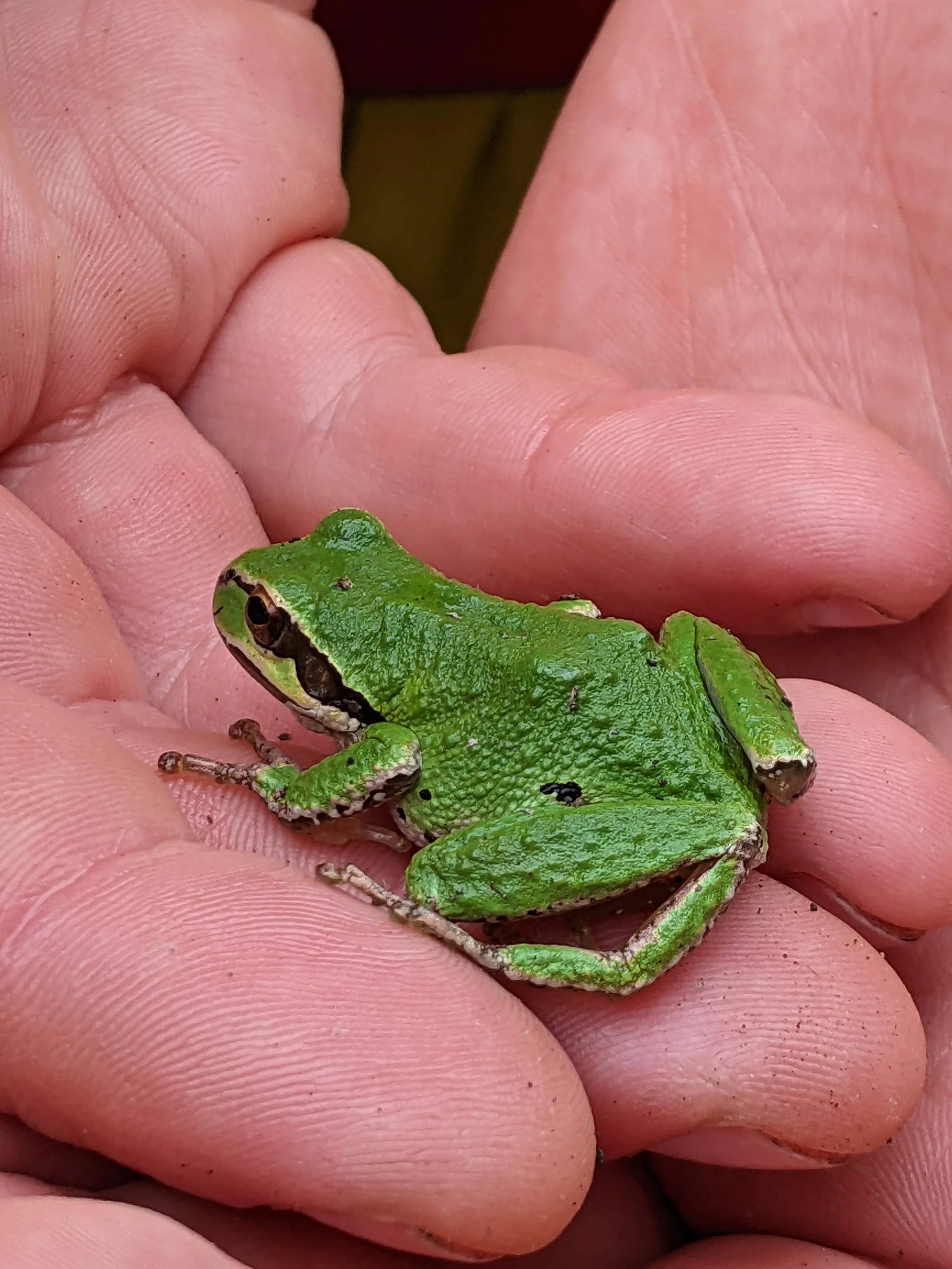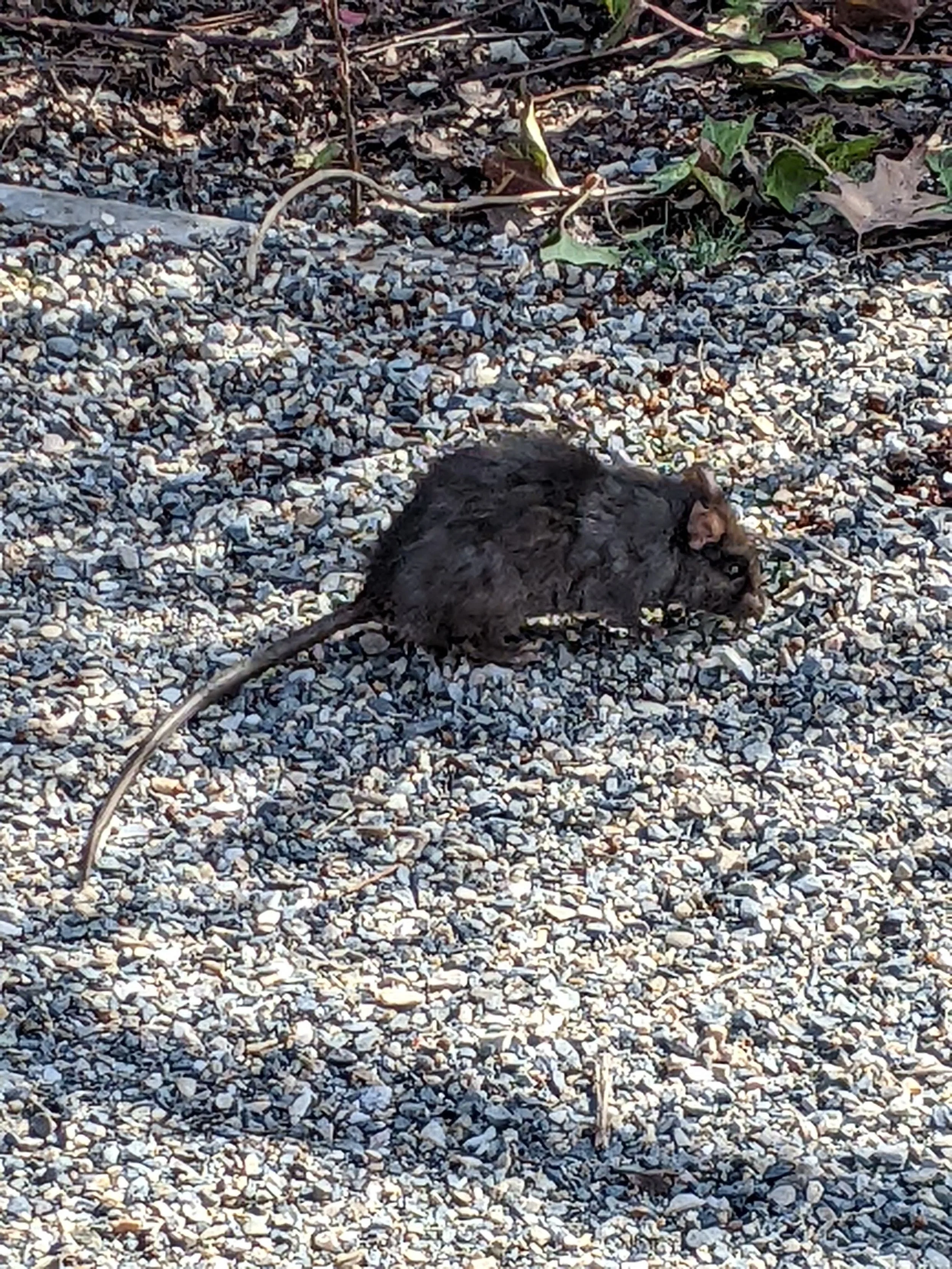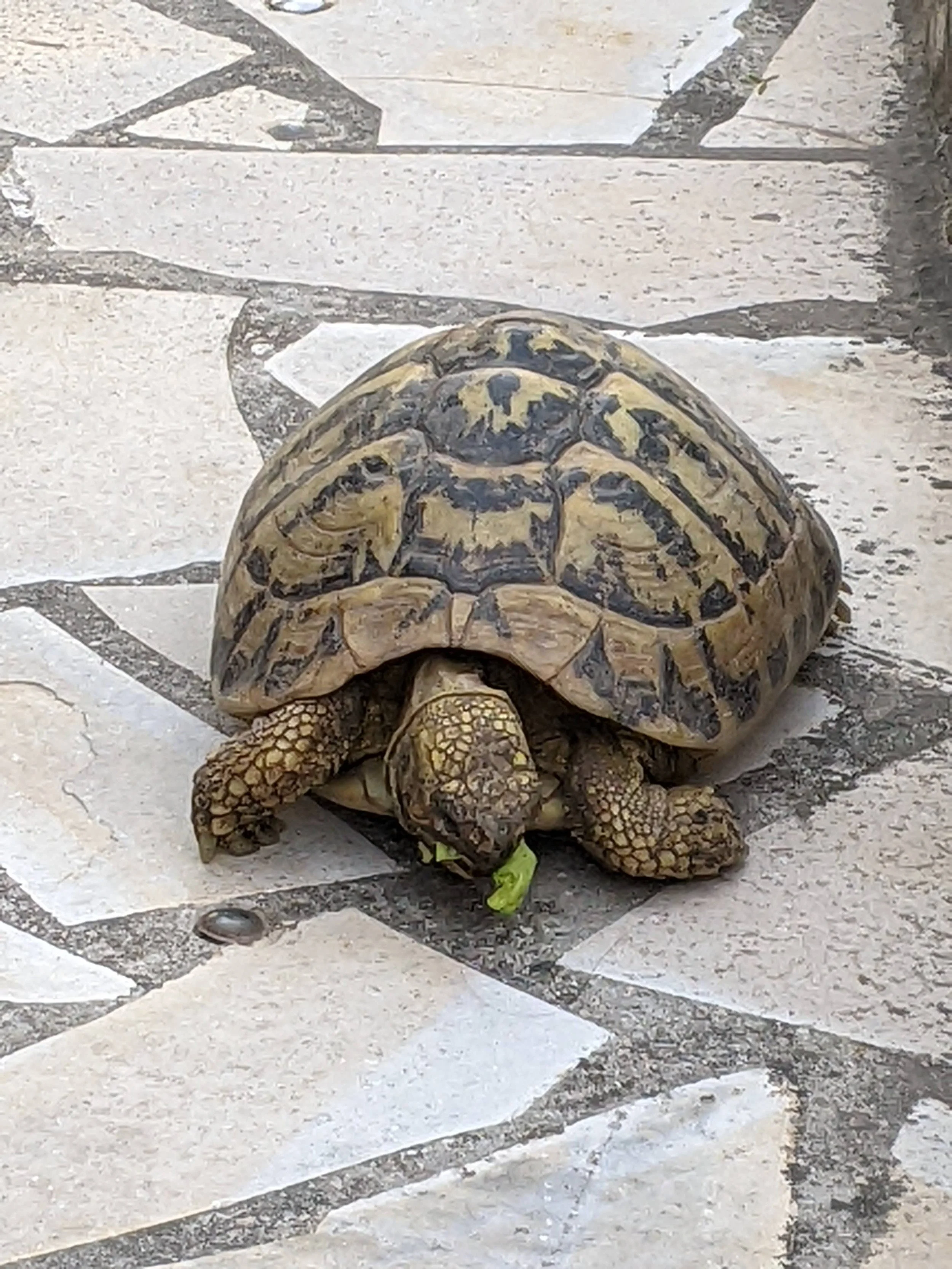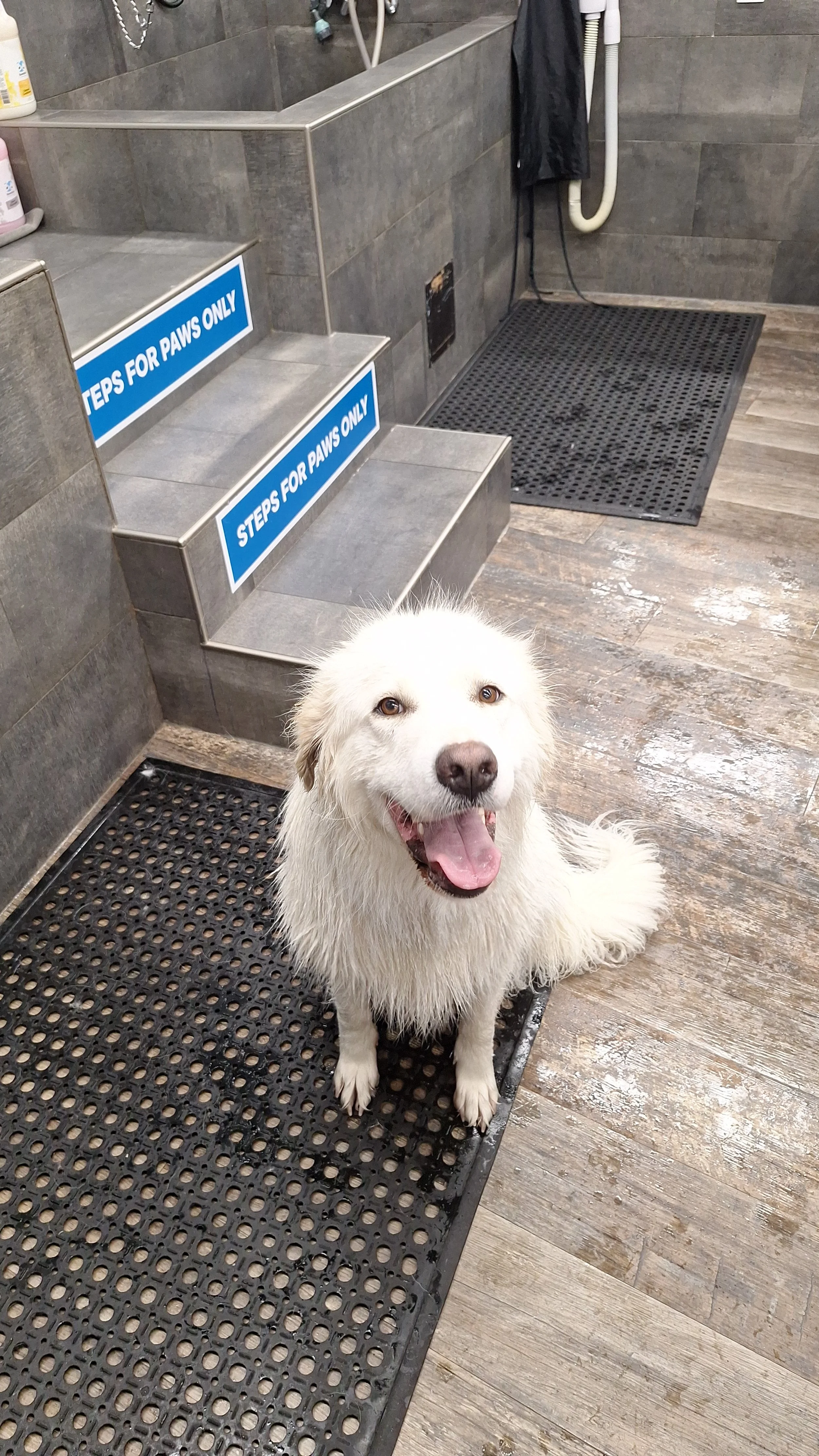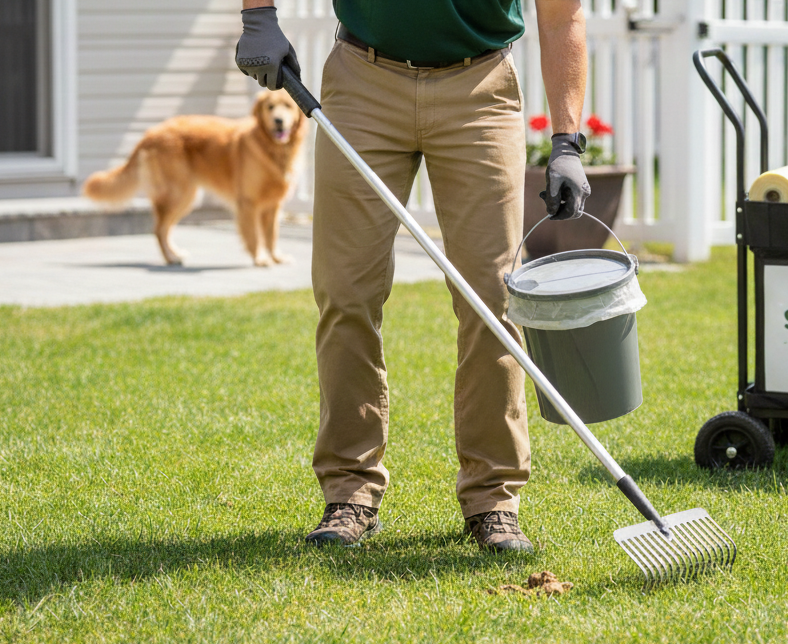
Services and Pricing
🐾 We Offer Two Types of Walks and Boarding
At Fetch and Research, we understand that every dog is different. That’s why we offer both individual walks and group (collective) walks — each tailored to your dog’s unique needs.
Individual Walks are designed for dogs who require extra attention or specialized handling. This may include dogs who:
Are not comfortable around other dogs
Have reactivity, anxiety, or behavioural challenges
Recover from surgery or need a controlled pace. These walks provide one-on-one care, structured routes, and calm environments.
Individual Dog Walks
$35 CAD for 30 min
$50 CAD for 1 hour
Individual Dog Boarding
Start at $150 CAD per day/night
Collective Walks are designed for friendly, social dogs love our small-group walks. They get exercise, mental stimulation, and safe interaction with carefully matched dog companions — all under close supervision.
Collective Dog Walks
$20 CAD for 30 min
$30 CAD for 1 hour
Collective Dog Boarding
$80 CAD per day or night
Discounts apply based on the number of days and the number of dogs per owner
Dog pick-up and drop-off at the owner’s house for an extra fee (2$/km from our house)
OTHER PET BOARDING
Fishes
Amphibians
Mammals
Reptiles
Birds
Invertebrates
Canine Microbiome Diagnostic
For $2000 CAD of booking (walking or boarding), We offer a complete screening of the gut microbiome.
You can also direclty order a screening
$110 CAD for gut bacterial or eukaryotic screening
$190 CAD for both bacterial and eukaryotic screening
Analyses (DNA extraction and Sequencing) are conducted at the Integrated Microbiome Resource, Dalhousie University, Canada.
Pet Bath
(Only for dogs I walk or board)
$100 CAD
Pet Waste Removal from Residential Properties
Everett Cowley Park, Vancouver
A large park between Boundary and Kerr Street. There are numerous trails, featuring both off-leash and on-leash areas, as well as a lot of trees and bushes where dogs can run around.
Fraser North Bank in the River District, Vancouver
A peaceful area with trails along the Fraser River. The dog enjoys the few beaches. Lots of dog owners in this on-leash area where your dog can meet and play with.
Dog boarding in Our Cozy Home, Vancouver
All dog visitors love our place; they enjoy our fireplace during the winter and our large window where they can spy on every other dog that passes by.



